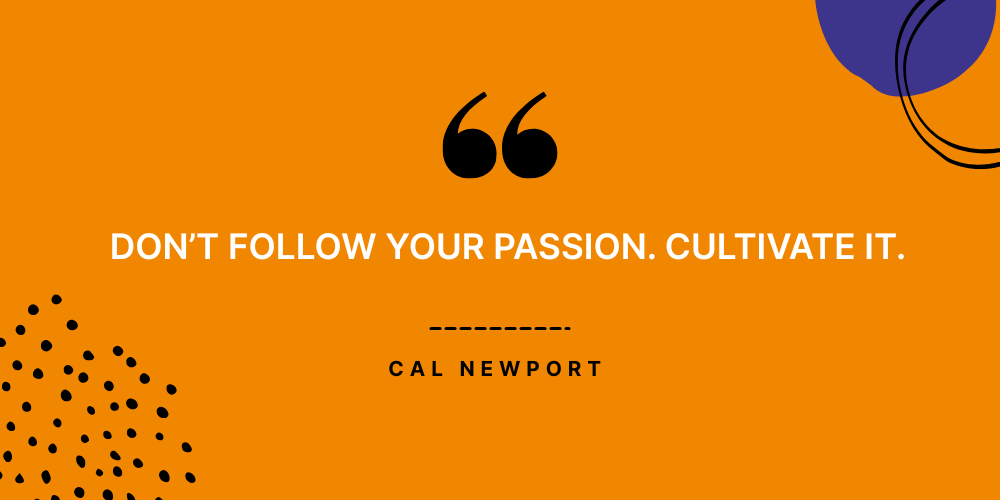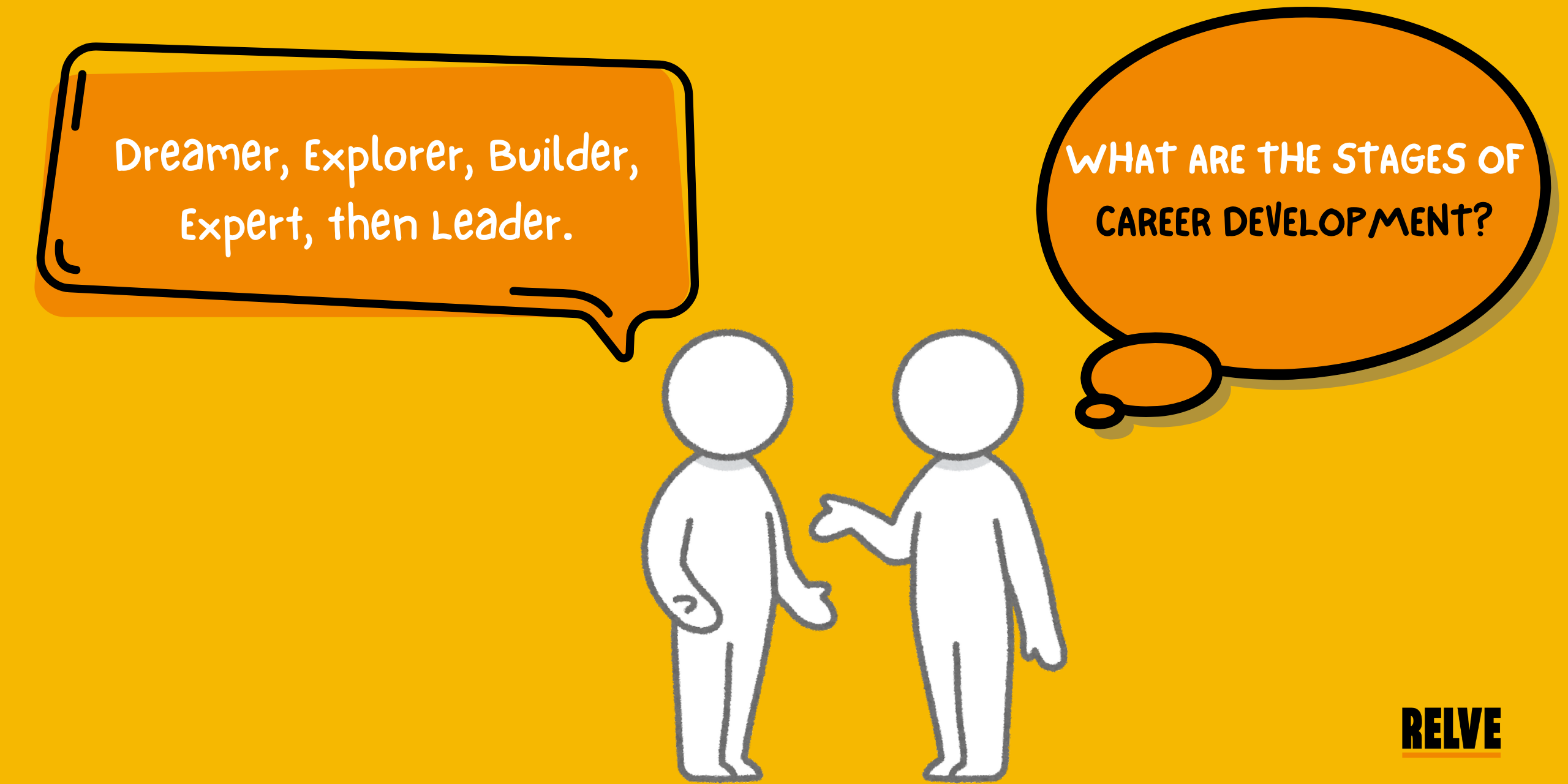Reality: You are ambitious, goal-oriented, have dreams, and thirst for growth, but at times, the way forward feels blurry. You are unsure if you are on the track or simply drifting away. This uncertainty leaves many professionals in awe, overwhelmed, or lost. This is why identifying the stages of career development is crucial.
Understanding where you stand today can help you navigate the route to where you want to land, as it is all about moving ahead with intentions, not by accident.
Popular psychologist Donald Super framed a model that highlights that a career is not static, but evolves through different phases of growth, exploration, establishment, maintenance and transition.
In today’s time AI is the new ally in this journey. From self-evaluation tools to personalised learning platforms, technology is now able to support professionals at every step. The future is no longer moving haywire, but it is making a smart move.
What Are the Stages of Career Development?
To its core, the stages of career development explain how one matures professionally with time by building skills, reshaping identities, and being able to respond to life’s changes taking place.
The stages of career development are five, which are: Growth, Exploration, Establishment, Maintenance, and Disengagement. Able to map these stages will help you give clarity to level up your career, life the way you want to.
Stage 1: Growth — The Dreamer Phase
In this stage, imagination is the driving force. People form early attitudes, develop interests and start constructing a sense of identity.
Able to foster curiosity, foundational learning and basic skills is very important here
AI powered platforms are able to polish these skills and even AI-based career quizzes and VR experiences can help professionals visualize their future paths, nurture ambition before it fully takes shape.
Stage 2: Exploration — Finding Your Path
The second stage is thrilling but at the same time confusing as well. Adults experiment with different fields, pursue education and get into internships, this lays the groundwork for future choices.
At this stage, professional growth goals involve gaining exposure and creating early experience.
With AI this exploration can get even more sharp. Personalized career guidance tools recommend paths based on an individual’s interest. AI resume builders and mock interview platforms prepare students for real world opportunities. With AI learning suggestions, skill development becomes more powerful and targeted.
Stage 3: Establishment — Turning Goals Into Achievements
This is where the real work begins. The Establishment stage is about putting dreams into action. It’s when you enter the workforce, build your skills, and start climbing the ladder.
Instead of drifting, you focus sharply: getting promoted, taking leadership roles, or mastering specialized skills that set you apart.
Cal Newport, in So Good They Can’t Ignore You, explains it perfectly:

In other words, you build momentum through skill, not luck. Today, technology makes this easier. Upskilling apps, productivity tools, and mentorship platforms help you refine your talents and find coaches who can guide your growth. It’s a time to work smart and stay focused.
Stage 4: Maintenance — Keeping the Edge
By the time you reach the Maintenance stage, you’ve earned your place. But success isn’t a one-time event — it’s a habit.
This phase is about staying sharp, adapting to industry shifts, and mentoring the next generation. Your role expands beyond doing — now, you’re helping others grow too.
New goals emerge pursuing executive education, becoming a thought leader, and strengthening your strategic skills.
The right tools make a difference here. AI-driven leadership coaching, ongoing learning platforms, and wellness apps help you stay ahead without burning out.
Career Edge Toolkit
🧠 Stay Sharp
Tap to explore tools
📈 Adapt & Learn
Discover trends
🤝 Mentor Others
Guide the next gen
🎯 Strategic Growth
Set new goals
💡 Wellness & Balance
Prevent burnout
Stage 5: Disengagement — Redefining Success
Retirement isn’t an ending. It’s a pivot.
The Disengagement stage isn’t about fading away. It’s about shifting gears — sharing wisdom, advising companies, launching second careers, or simply exploring new passions.
Professional growth doesn’t stop; it evolves. Your goals now focus on giving back, building a legacy, and learning for the joy of it.
Tools today support this transition. AI platforms match retirees with consulting projects, advisory roles, or even help them write books and create online courses. Community-driven learning spaces make it easy to pick up new hobbies or connect with others.
This phase proves that growth doesn’t have an expiration date — it just takes a new shape.
Retirement Reinvention Explorer
💼 Advisory & Consulting
Share decades of expertise
📚 Teaching & Courses
Teach what you know
📝 Write Your Legacy
Capture your journey
🎨 New Passions
Explore for joy
🌱 Give Back
Mentor. Volunteer. Lead.
AI: Your Partner Through Every Stage of Career Development
AI isn’t here to replace your career journey. It’s here to make it smarter and more efficient.
From personalized coaching to real-time skills tracking, smart tools are helping people move through the stages of career development with more clarity and speed.
Instead of guessing your next step, you can now plan it — combining your ambition with the power of technology. Growth today isn’t just about working harder. It’s about working alongside the right tools that help you evolve, adapt, and move forward with confidence.

Navigating the Stages of Career Development with Confidence
Career development doesn’t follow a perfect path. It changes with you — your goals, your experiences, and the choices you make along the way.
Understanding the stages helps you know what to focus on now and what’s coming next. It turns career planning into something you can work with, instead of guessing at.
Today, you have better tools than ever to make smart moves. Whether you’re just starting or thinking about what’s next, what matters is taking the next step with intention.
